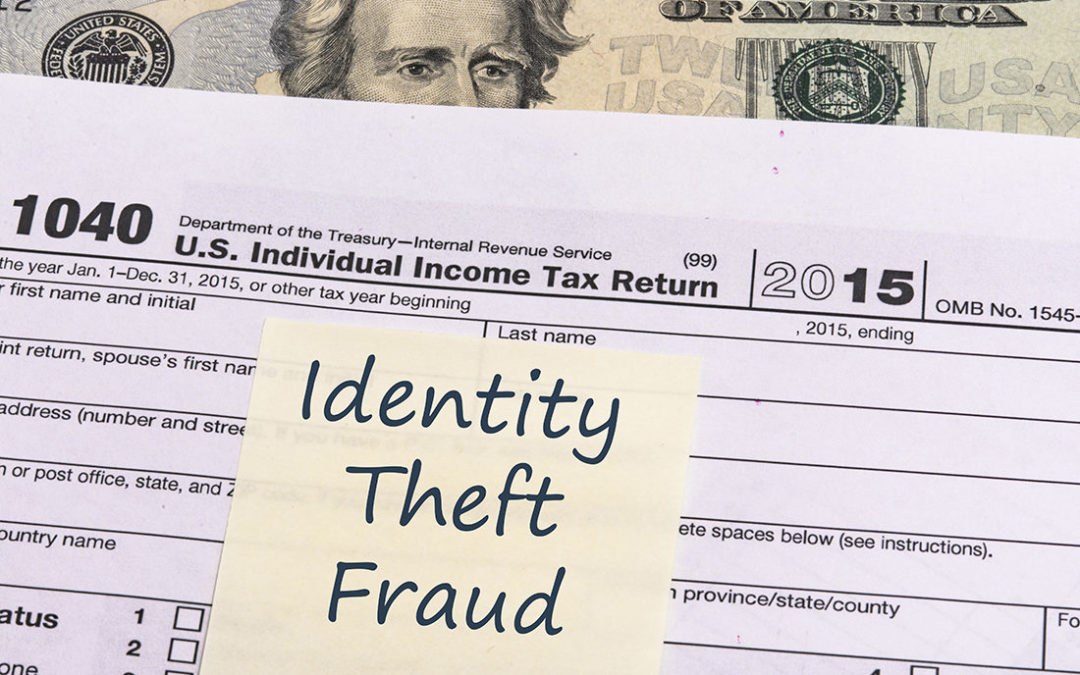If you’re like many Americans, you may not start thinking about filing your tax return until the April 15 deadline (this year, April 18) is just a few weeks — or perhaps even just a few days — away. But there’s another date you should keep in mind: January 19. That’s the date the IRS began accepting 2015 income tax returns, and filing as close to that date as possible could help protect you from tax identity theft.
How filing early helps prevent tax identity theft
In this increasingly common scam, thieves use victims’ personal information to file fraudulent tax returns electronically and claim bogus refunds. When the real taxpayers file, they’re notified that they’re attempting to file duplicate returns.
Tax identity theft can cause major headaches to straighten out and significantly delay legitimate refunds. But if you file first, it will be the thief who’s filing the duplicate return, not you.
Another key date
Of course you need to have your W-2s and 1099s to file. So another key date to be aware of is February 1 — the deadline for employers to issue 2015 W-2s to employees and, generally, for businesses to issue 1099s to recipients of any 2015 interest, dividend or reportable miscellaneous income payments.
An added bonus
Let us know if you have questions about tax identity theft or would like help filing your 2015 return early. An added bonus of filing early, if you’ll be getting a refund, is enjoying that refund sooner.
